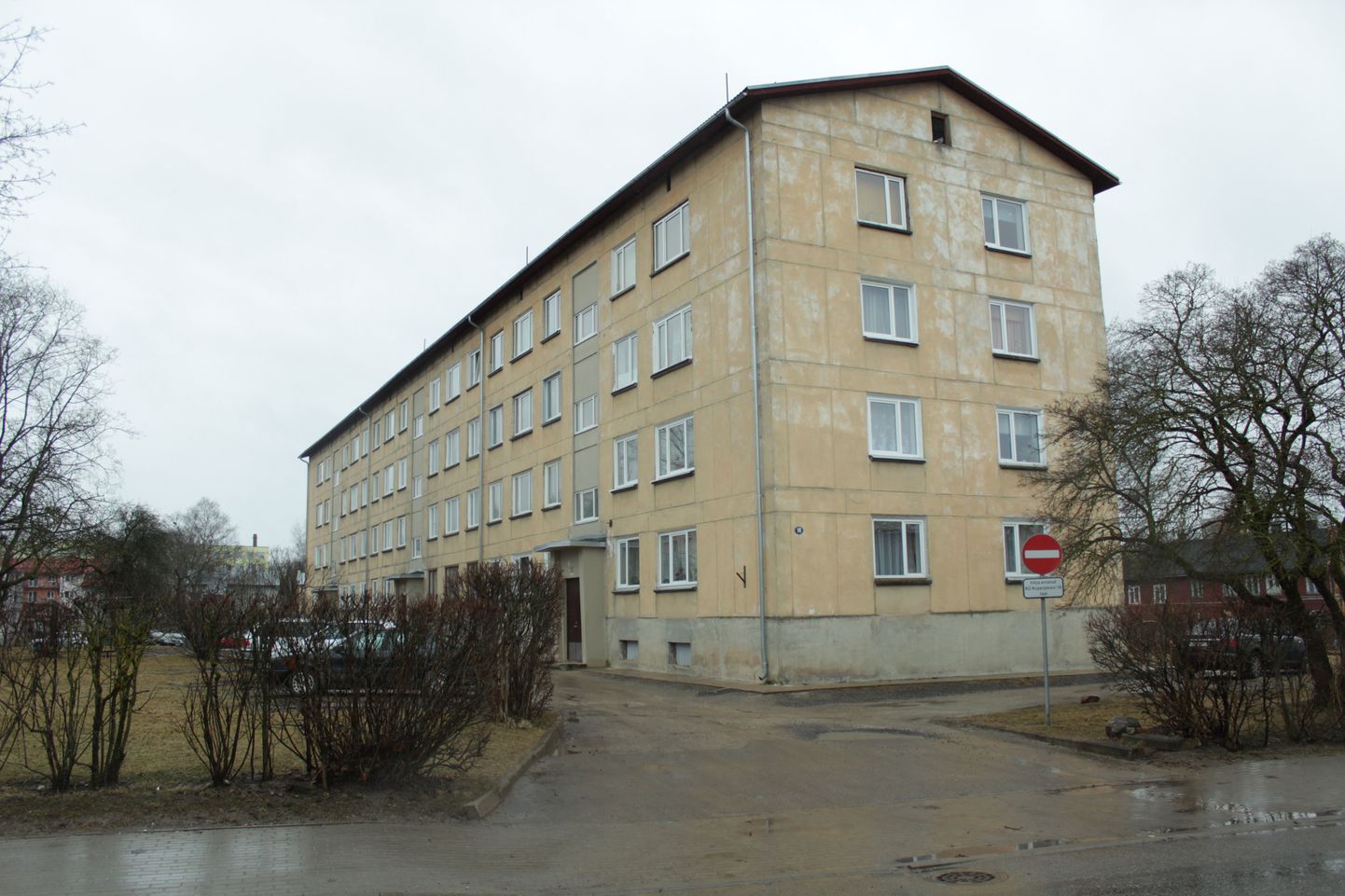“People die, successors renounce apartments that go to local governments, said aid to Kohtla-Järve mayor, Tiit Lillemets.
Apartments handed over to the state are individual properties scattered between different boroughs (Sompa, Oru, Ahtme, Kohtla-Järve). Their upkeep was costing the city more than €45,000 annually. “That is money the city could use to get something done,” the aid said.
The city solved its junk real estate problem by giving it to the state. “It is not a clever plan; it is a possibility offered by the law. Why not, if the law allows it,” Lillemets said. He added that in the past unwanted real estate has been given to the state by individuals. “No local government has thought of it.”
Lillemets could not say how many other worthless apartments, and when, the emptying mining town plans to hand over to the central government. That is up to the city council.
The official said the state can do nothing to refuse worthless real estate. “We'll see what they can come up with if they want to amend the law of property act,” the city official said. He added that the simplest solution for the government would be to saddle its local counterparts with the problem of junk property.

